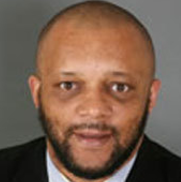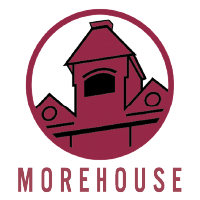
A new study finds that private historically Black colleges and universities may have set tuition prices too low in an effort to increase enrollments. The authors of the article, Gregory N. Price, a professor of economics at Morehouse College in Atlanta and Willis Sheftall, a professor emeritus of economics at Morehouse College, argue that higher tuition for those that can afford it would provide more financial aid for those who can’t afford it. Those from higher income families would generally be able to afford higher tuition rates and this would enable these private colleges to admit more students from low-income families who otherwise not be able to attend.

Dr. Price is a graduate of Morehouse College and earned a master’s degree and a Ph.D. in economics from the University of Wisconsin-Milwaukee. Dr. Shetfall was the Charles E. Merrill Professor of Economics and served as senior vice president for academic affairs. At one point, he was acting president of Morehouse College.
The article, “The Price Elasticity of Freshman Enrollment Demand at a Historically Black College for Males: Implications for the Design of Tuition and Financial Aid Pricing Schemes that Maximize Black Male College Access,” was published in the Journal of Negro Education. It may be accessed here.













Private HBCUs are already facing a pricing crisis, considering that they dont have scholarships easily available for a wide number of students, and all dont feature highly competive degree programs. Raising costs would almost immediately, and drastically, reduce enrollment.
Jarrett:
Indeed, raising tuition at a private HBCU would reduce enrollment, as demand curves typically slope downward. Our finding in the paper is that in the case of Morehouse College, demand elasticity is less, in fact much less than unity—or inelastic demand. In this instance, while enrollment would decline, tuition revenue would actually increase. Some of this increased tuition revenue could be used to “buy back” some need students.
But isn’t there a strong possibility that with higher tuition, those students who can afford it will go to to another school, most likely a predominately white university.
Well-to-do Black families are not sending their children to HBCUs. If so, it’s most likely a renowned HBCU, like Morehouse, Spelman, and Howard.
Are HBCUs locked into 20th Century funding formula for our schools? 21st Century institutions must look at revenue diversification models to ensure thier long term sustainability. According to the 2015 Condition of Education report the average public university recives 44% of thier revenues from Federal/State contracts, grants or appropriations. If public universities have instituted revenue diversification models then surely private HBCUs should explore the option for their long term sustainability